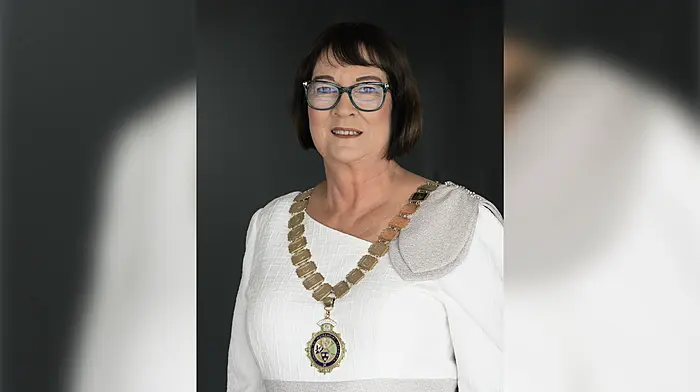Minister Harris needs to dispense with his spin doctors and make it more attractive for those of the medical variety to work here if he is to have any hope of resolving the very real problems at the coalface of healthcare.
A SHORTAGE of frontline medical personnel continues to hinder our health service and this has led to calls for a radical overhaul of working conditions for them in order to entice Irish-trained professionals working abroad to return home.
Reacting to the findings of the Medical Council’s very useful workforce intelligence report, which confirmed a lot of what most people knew anecdotally that general practitioners are working longer hours, seeing more patients but spending less face-to-face time with them to cope with ever-increasing workloads, the National Association of General Practitioners (NAGP) pointed out that this is constantly getting worse as the government continues to issue Doctor Visit Cards (DVCs) to patients, which only allow patients to see a GP.
DVCs are not medical cards and are more of a sticking plaster solution, which doesn’t cover ancillary services such as access to physiotherapy, counselling, public health nurses, or medication either, but mainly serve to pile more pressure on doctors on the primary care frontline. Lucrative as doctors’ practices may be, a lot of older doctors want out, while it is difficult to attract younger doctors who see the faraway fields as much greener in terms of career advancement.
Ireland trains the highest number of doctors per capita in the OECD area and, because of the high standard of tuition they receive, they are in demand internationally. However, the NAGP contends that the health service has got the fundamentals wrong in terms of retaining our young doctors, saying ‘we cannot continue to train our GPs for export.’
The young doctors are going to countries such as Australia, Canada and New Zealand, where it is obvious that they feel valued and where they can achieve their full potential as doctors. NAGP president Dr Maitiú Ó Tuathail maintains that the answer to this problem is simple: ‘We must emulate the working conditions in these countries if we are to retain them, this is not rocket science.’
In theory, he is absolutely right, but how to make this happen in practice will not be as simple as he suggests because of the vested interests that pull the strings in the medical profession wanting to protect their own lucrative patches.
And the same problems apply for hospital doctors, especially junior ones, who have to put in such long hours that it must be difficult to keep a clear head and not have one’s judgement impaired by exhaustion. Again, many of these go abroad to avail of better working conditions and opportunities for professional development.
Working in overcrowded emergency departments in our hospitals puts a huge strain on all medical personnel – not just doctors – and they do an excellent job in spite of all the hardships they have to endure. But, it cannot be good for morale when there seems to be no light at the end of the tunnel as regards reducing the amount of patients waiting on trolleys who need admission to hospital beds that there are not enough of and hundreds of which are occupied by older people who should be in nursing homes, but are awaiting Fair Deal scheme approval, stalled by funding problems.
At the start of this month, Cork University Hospital had to issue a ‘Status Black’ warning because it could not take any more patients through its ED so overcrowded had it become. Trolley figures tend to increase during the depths of winter when there are major outbreaks of flu and other ailments that affect older people in particular and, while we escaped the worst ravages this past winter, the numbers on trolleys hit 631 nationally one day in early April – almost 90% of the worst recorded figures ever.
It is a truly terrible indictment of this government and the Minister for Health Simon Harris, who cannot seem to get to grips with the situation regarding people left waiting on trolleys in EDs for unacceptably long times. Some progress is being made on reducing waiting lists for people referred for appointments with consultants and to receive necessary treatment, but the overall figures are still way to high.
The Minister has been embroiled in major scandals such as Cervical Check where serious mistakes were made in the results of smear tests and women are now waiting even longer to get their results back because the system is backed up so much. Then he was in the thick of the controversy about the ever-increasing cost of building the new National Children’s Hospital.
Minister Harris needs to dispense with his spin doctors and make it more attractive for those of the medical variety to work here if he is to have any hope of resolving the very real problems at the coalface of healthcare that are unfairly impacting of patients’ wellbeing across the entire country.









